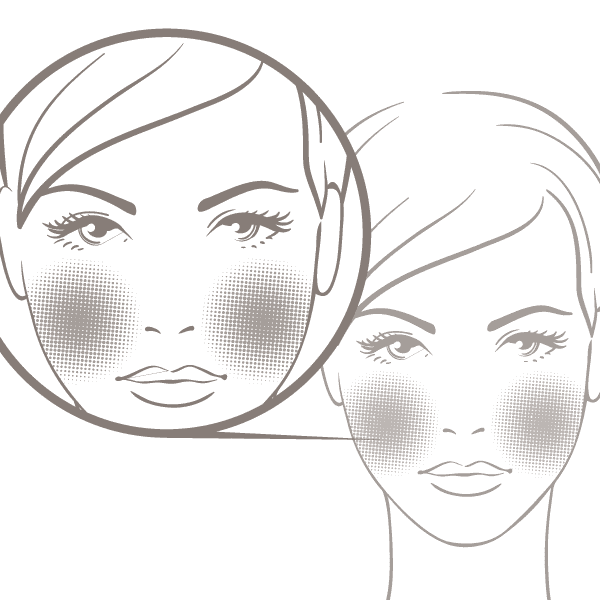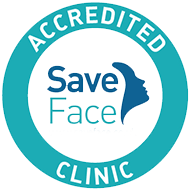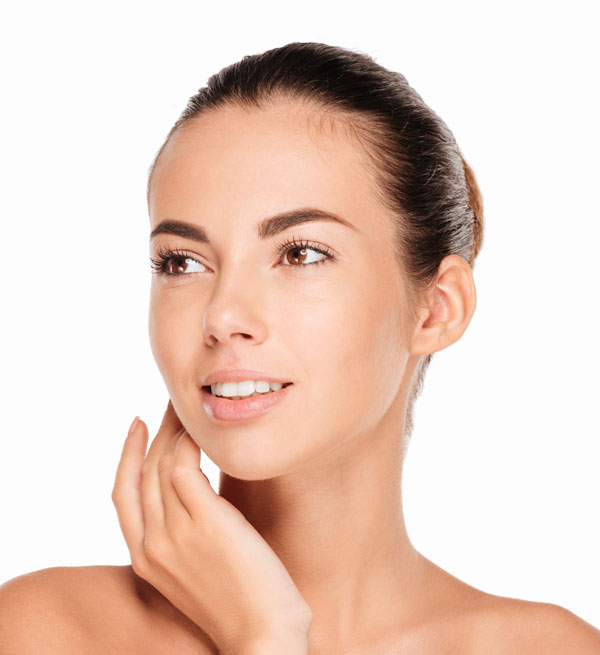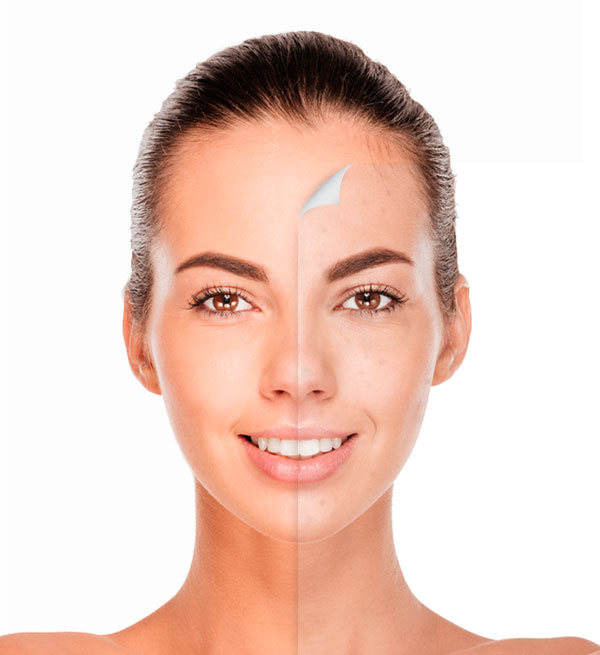

Call for more info: 01384 886 646
Having worked in this industry for over 6 years, the knowledge and experience that Tracy has is outstanding. Her professional yet calming presence is just what you need. Such a lovely clinic to visit, with someone who will conduct the best treatment most suitable for you. Can't recommend highly enoughMichelle Rhodes
Rosacea
Rosacea is a long-term skin condition that mainly affects the face. It results in redness, pimples, swelling, and small and superficial dilated blood vessels. Often the nose, cheeks, forehead, and chin are most involved. A red enlarged nose may occur in severe disease, a condition known as rhinophyma.
Rosacea can be controlled to some degree with long-term treatment, but sometimes the changes in physical appearance can have a significant psychological impact.
Rosacea generally develops gradually, but can be a very difficult and embarrassing condition for the patient which can leave them looking red and flushed all day long.
As well as coloured and flushed, rosacea can also be itchy or painful and develop spots which can become inflamed.
In addition, the veins and capillaries may become larger and more visible, appearing to be nearer the surface of the skin.
Rosacea tends to be aggravated by spicy food, coffee or alcohol. In addition, warm weather, physical exertion or sun exposure which would normally cause anyone to be a little pinker can make the flushing more severe for rosacea sufferers.
The exact cause of rosacea is unknown, although a number of possible factors have been suggested, including abnormalities in the blood vessels of the face and a reaction to microscopic mites commonly found on the face.
Although they’re not thought to be direct causes of the condition, several triggers have been identified that may make rosacea worse.
These include:
- exposure to sunlight
- stress
- strenuous exercise
- hot or cold weather
- hot drinks
- alcohol and caffeine
- certain foods, such as spicy foods
There’s currently no cure for rosacea, but treatment can help control the symptoms.
Long-term treatment is usually necessary, although there may be periods when your symptoms improve and you can stop treatment temporarily.
For most people, treatment involves a combination of self-help measures and medication, such as: avoiding known triggers – for example, avoiding drinks containing alcohol or caffeine creams and gels – medications applied directly to the skin to reduce spots and redness oral medications – tablets or capsules that can help clear up more severe spots, such as oral antibiotics
Mandelic acid peels and Dermalux LED Light therapy treatment offers some amazing results.
Book Free Rosacea Consultation Online
Very satisfied with the treatments I've had. Tracy is very experienced and a lovely lady so totally felt at ease.Holly Jk



